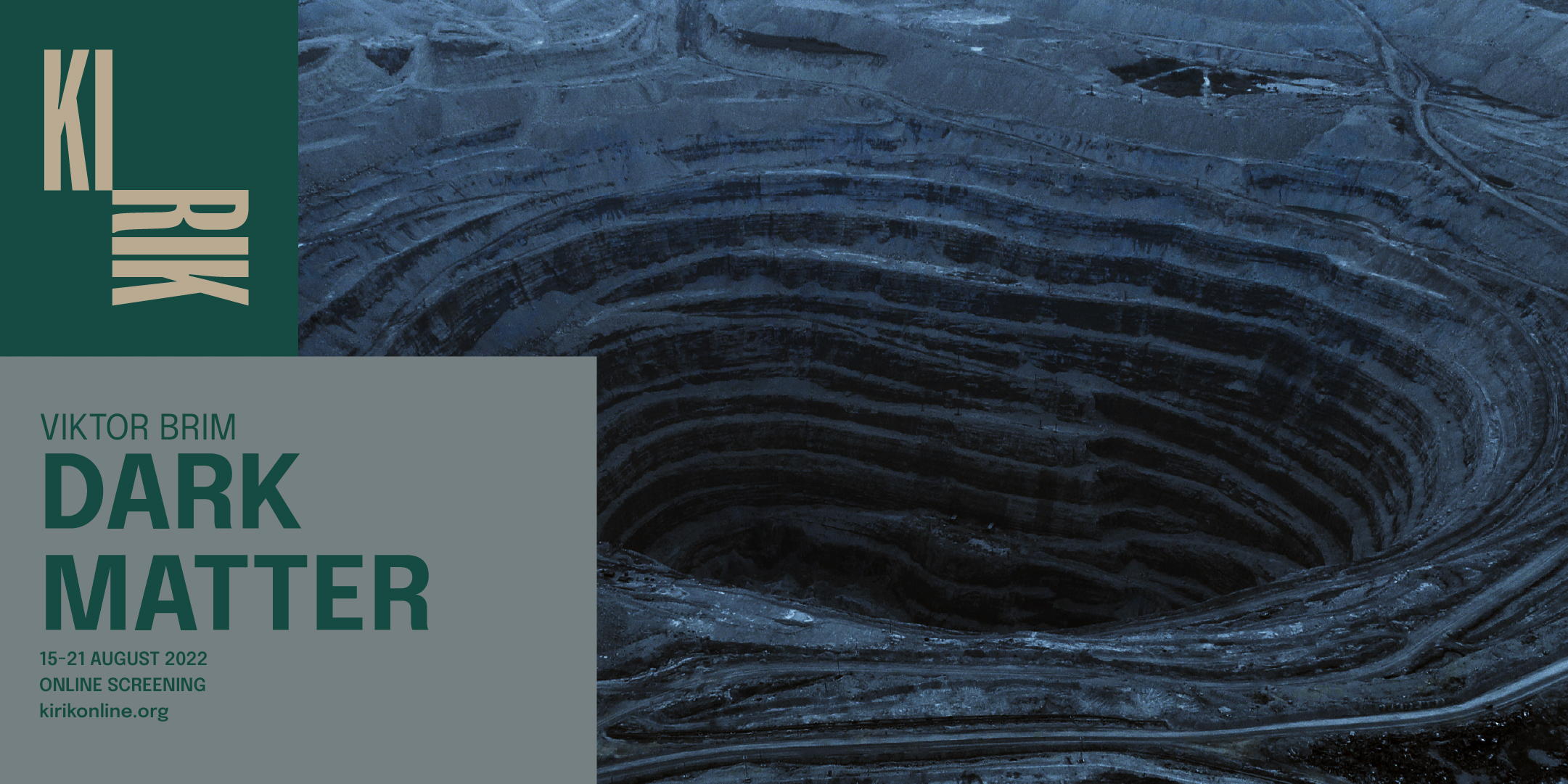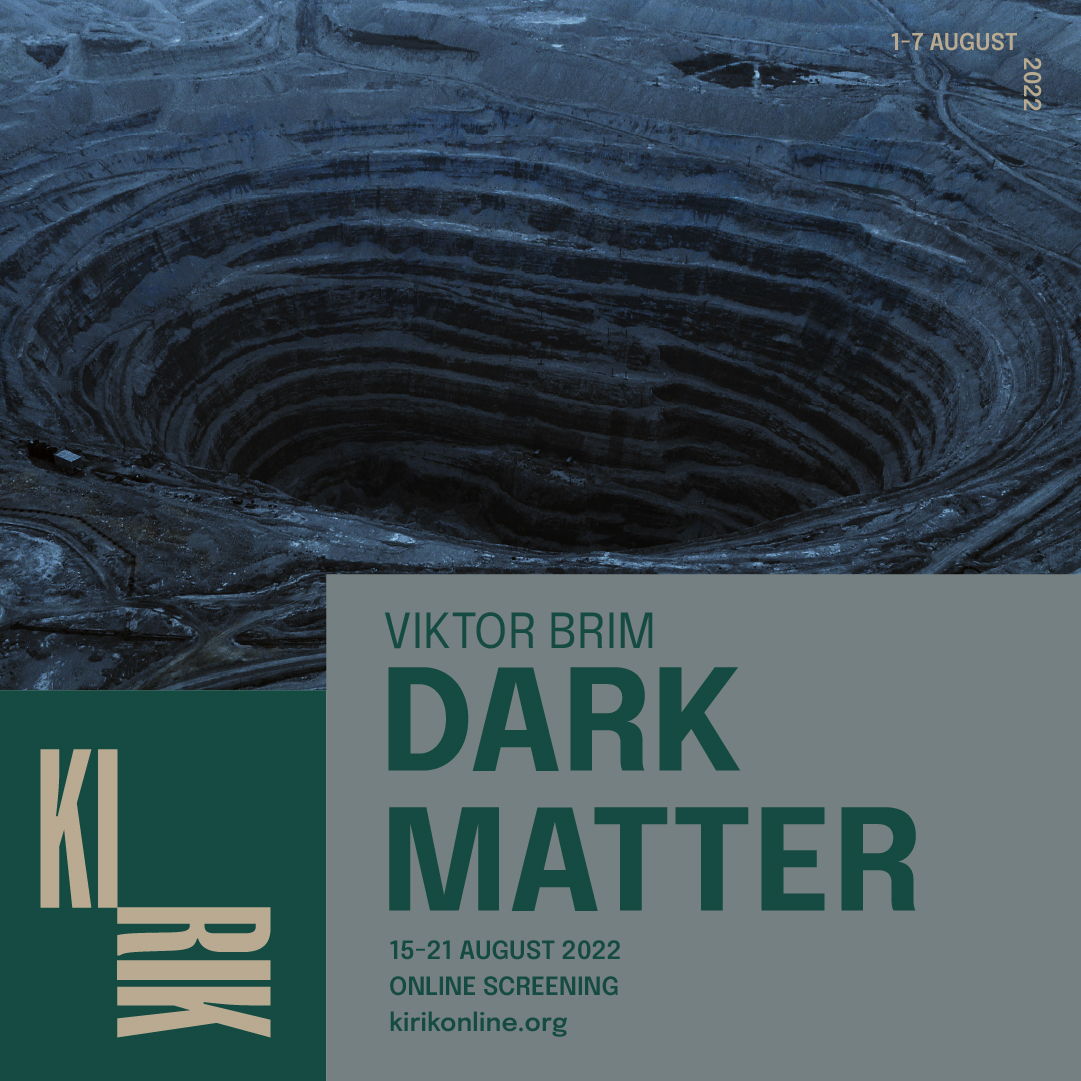

DARK MATTER
VIKTOR BRIM
15-21 August 2022
- Online Screening
Human-made landscapes without people. Giant colossi of steel digging for rock. Fissured earth, steaming chimneys, heaps of scrap metal. Viktor Brim documents places of the past and present state of raw material production: the economy of extraction on which modern life is based. In addition to the almost incomprehensible dimension of these places, the processes have a temporality that can only be grasped over time. This is why the artist’s camera stands still when it observes, registers, records. In this way, Brim gets by without any commentary. Instead, the finely arranged sound transmits the never resting whirring of the machines.
His tableaux testify in their audiovisual power to the legacies of the planet’s industrial exploitation, which is progressing unabated even under the impact of the climate catastrophe. In Dark Matter, Brim introduces a new level of abstraction: out of dense fog, remains of debris, power poles, and sparsely lit up industrial plants dimly crystallize. The seemingly apocalyptic scenery alternates with landscapes whose hilly forms evoke the drape of a velvet cloth. Finally, the camera plunges into the huge hole of the world’s largest so-called kimberlite pipe at Mirny in Yakutia in northeastern Siberia, which is surrounded by concentric roads. The contours of the diamond mine lose themselves in the deep black of the abyss, like an infinitely slow fall into the bottomless depths. [Florian Wüst]
Viktor Brim (born 1987 in Tashkent, Uzbekistan) is an artist and filmmaker. In his works he deals with cinematic spaces, urban phenomena and the concept of power. The physical manifestation of power structures and their territorial extension is central to Brim’s video installations, films, and publications. His work has most recently been presented at the Edith-Russ Haus für Medienkunst Oldenburg, Kunst im Tunnel Museum Düsseldorf and the Hiroshima City Museum of Contemporary Art.
Dark Matter (2020), digital video, color, 18 minutes. Courtesy of the artist.
Part of a film program featuring films about the ecological crisis, colonialism, extractivism, capitalism and the complex relations between them.
KIRIK’s 2022 programs are supported by SAHA as part of the Sustainability Fund 2021-2022.